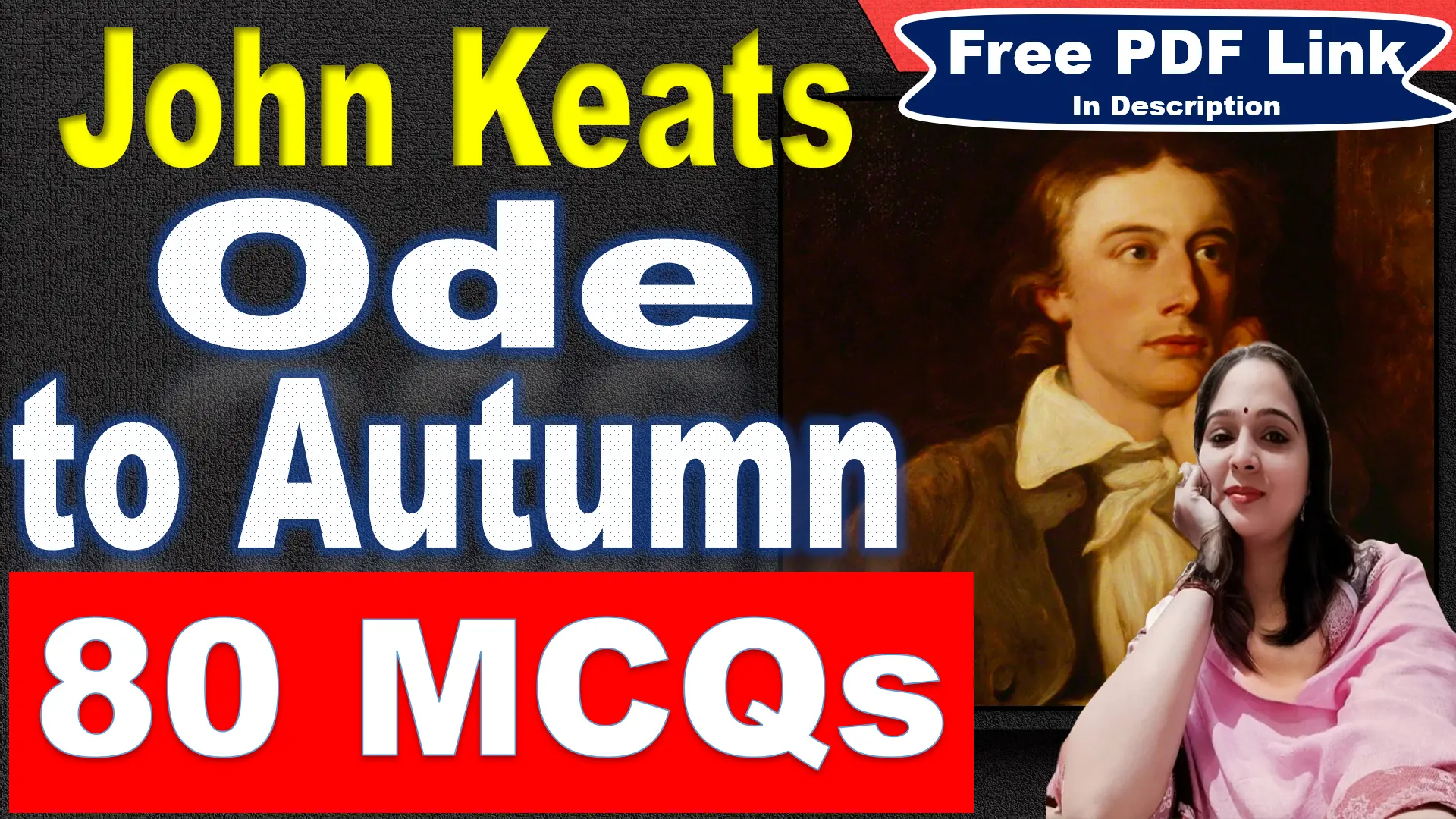On His Blindness Questions Answers
Very Short Answer Questions
When was the poem “On His Blindness” written?
1652.
What is the theme of the poem?
Blindness, patience, and service to God
What does the speaker lament in the first quatrain?
His inability to serve God due to his blindness.
What does the speaker ask God in the second quatrain?
Does God expect him to labor in the same way as a blind person?
What does Patience tell the speaker in the third quatrain?
God does not need human work or gifts. Those who accept God’s will and bear his yoke are also serving God.
What does the speaker conclude in the final couplet?
Those who only stand and wait also serve God.
What is the speaker’s “light”?
His sight.
What does the speaker feel is his “talent”?
His ability to write.
Why does the speaker feel he is unable to serve God?
Because he is blind.
What does Patience teach the speaker?
To accept God’s will and to bear his yoke patiently.
Short Answer Questions
Question: What is the main difference between the speaker’s attitude towards his blindness at the beginning and end of the poem?
Answer: At the beginning of the poem, the speaker is lamenting his blindness and fearing that it will prevent him from serving God. However, by the end of the poem, the speaker has come to accept his blindness and realizes that he can still serve God even though he is blind.
Question: What does the metaphor of God as a king and humanity as his servants teach us about the nature of service to God?
Answer: The metaphor teaches us that service to God is not about our physical abilities, but about our willingness to obey his commands and to bear his yoke patiently.
Question: Why is the poem’s final line, “They also serve who only stand and wait,” so important?
Answer: The poem’s final line is important because it reminds us that even those who are unable to do much can still serve God. It also challenges us to think about what it means to serve God in the first place.
Question: What is the rhyme scheme of John Milton’s “On His Blindness”?
Answer: The rhyme scheme of John Milton’s “On His Blindness” is ABBAABBA CDECDE. This is a common rhyme scheme for sonnets, and it is known as the Italian or Petrarchan sonnet.
Question: How does the rhyme scheme contribute to the poem’s structure and meaning?
Answer: The rhyme scheme of the poem can be seen as reflecting the poem’s structure. The first eight lines, or octave, introduce the speaker’s dilemma: he is concerned that he is unable to serve God to the best of his ability because of his blindness. The second six lines, or sestet, provide the resolution to the speaker’s dilemma: Patience teaches the speaker that he can still serve God even though he is blind.
The rhyme scheme also helps to create a sense of rhythm and flow in the poem. The regular pattern of rhymes helps the reader to follow the speaker’s thoughts and emotions as he comes to terms with his blindness.





